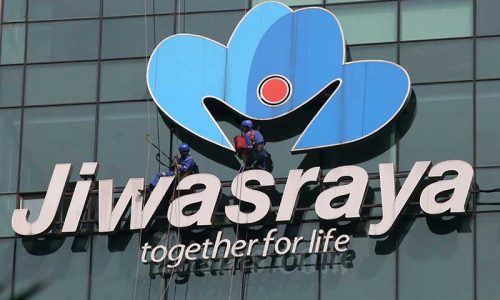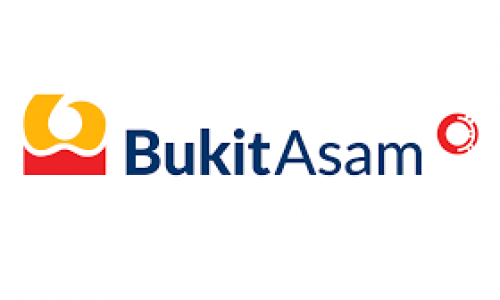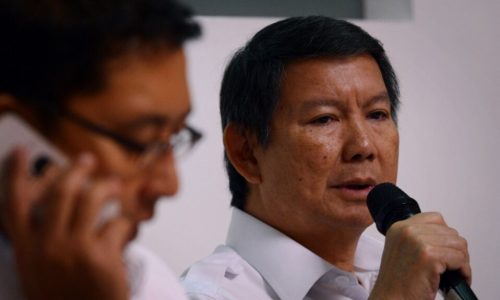Chairman of the Budget Committee (Banggar) of the House of Representatives (DPR), Said Abdullah, announced the Indonesia Democratic Party of Struggle’s (PDI-P) support for the government’s plan to increase Value Added Tax (VAT) rate to 12 percent starting January 2025.
“In reference to Law No. 7/2021 on Harmonization of TAX Regulations (UU HPP), the government and the DPR have agreed to include the assumption of additional tax revenue from the implementation of 12 percent VAT into the State revenue target in the 2025 State Budget,” Said, who is also a senior PDI-P official, said in a statement as quoted on Tuesday, December 24, 2024.
As Chairman of Banggar Said emphasized that his party supports this policy, but emphasized the importance of mitigation steps to reduce the impact of the VAT increase on the lower middle class. He cited that on December 8, 2024, he had appealed to the government to prepare these measure.
He added that these steps need to be implemented immediately to ensure that the VAT increase policy will not cause an excessive burden on the community.
PDI-P, according to Said Abdullah, emphasized its commitment to supporting government policies, but will continue to monitor so that the policy is implemented by considering the interests of the common people.
“As representatives of the people, we will continue to encourage the government to ensure that the impact of this VAT increase can be managed properly, especially for those who are most vulnerable,” he said.
The proposed Nine Mitigation Measures are as follows:
- Increase in Social Protection Budget
Expand the number of beneficiaries of social protection programs, not only for poor households but also for vulnerable poor groups. The implementation of this program must be timely and on target. - Energy Subsidies
Oil fuel (BBM), LPG, and electricity subsidies for poor households need to be expanded to reach middle-class households, including online motorcycle taxi drivers. - Public Transportation Subsidies
Provision of public transportation subsidies in large cities to encourage the use of mass transportation modes. - Housing Subsidies
Provision of housing subsidies for the lower middle class, especially for houses of Type-45 and below, and flats. - Education Assistance
Additional education assistance and college scholarships, especially for outstanding students from poor to middle-class families. - Market Operations
Conducting routine market operations at least once every two months to ensure inflation is controlled and food prices remain affordable. - Support for Micro, Small and Medium Enterprises (MSMEs)
Increasing the use of goods and services produced by MSMEs in the government environment, with a target of spending on goods and services reaching 50 percent of the total budget. - Training and Economic Empowerment
Organizing skills training programs for affected middle-class communities to help them switch to more developed sectors. - Eradication of Extreme Poverty
Targeting the elimination of extreme poverty by 2025 and reducing the prevalence of stunting below 15 percent.









